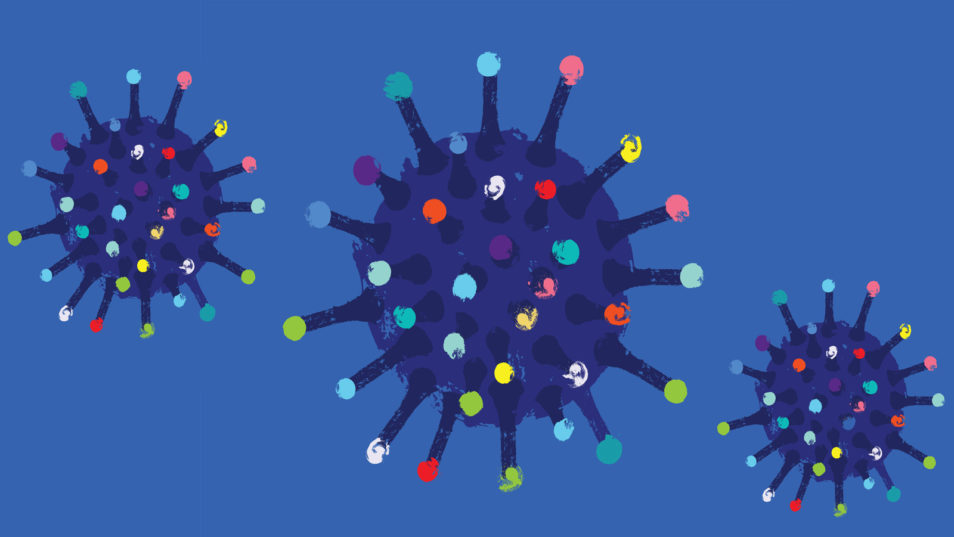German Innovation Tackles COVID-19

The world is waiting for a breakthrough vaccine against COVID-19. The German biotechs CureVac and BioNTech are among the companies leading these efforts.
On March 17, American pharmaceutical giant Pfizer announced a partnership with BioNTech to develop an mRNA vaccine against COVID-19. Unlike conventional vaccines which teach the body to recognize dead or weakened versions of harmful pathogens, mRNA vaccines use genetic code to produce disease-specific antigens inside the body. Antigens, the harmless outer proteins of pathogens, are the parts of a pathogen the body first contacts and, accordingly, uses to recognize and respond to them.
Based in Mainz, BioNTech is a biomedical company specializing in immunotherapy treatments, primarily novel therapies for cancer where mRNA treatments show promise. BioNTech and Pfizer began their first collaboration in 2018 when they agreed to jointly develop an mRNA-based influenza vaccine. BioNTech has already produced the COVID-19 mRNA vaccine candidate BNT162. Collaboration with Pfizer aims to accelerate global development of BNT162, leveraging the expertise and resources of both companies.
CureVac, based in Tuebingen, is also developing an mRNA-based vaccine for COVID-19. Like BioNTech, CureVac specializes in antibody-based therapies for rare illnesses and cancers. For the COVID-19 vaccine, the lab is working in tandem with the Paul-Ehrlich-Institut (PEI), the German Federal Institute for Vaccines and Biomedicines.
CureVac has demonstrated success with mRNA vaccines. In January they successfully completed a Phase 1 study with an mRNA-based rabies vaccine. On March 17, the EU Commission funded CureVac’s COVID-19 vaccination development with 80 million euros.
Unfortunately, neither of these vaccines will be a quick fix for the COVID-19 pandemic. Scientific experts have warned that a publicly-available vaccine is still 12-18 months away. In the meantime, other treatment options like antivirals and blood transfusions are being tested with some success. In the long term, however, these examples of German innovation are greatly contributing to the global response.
